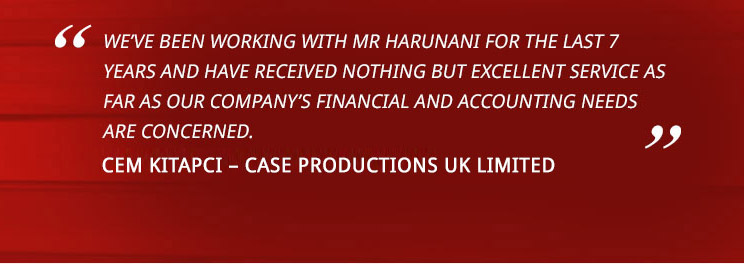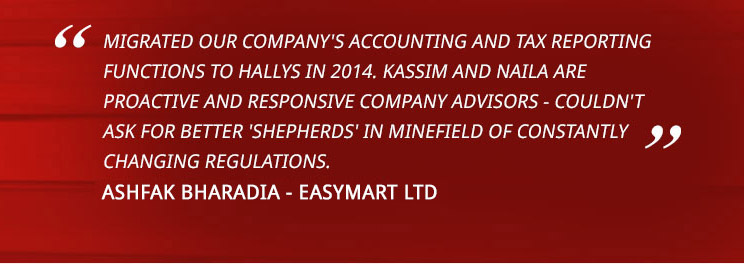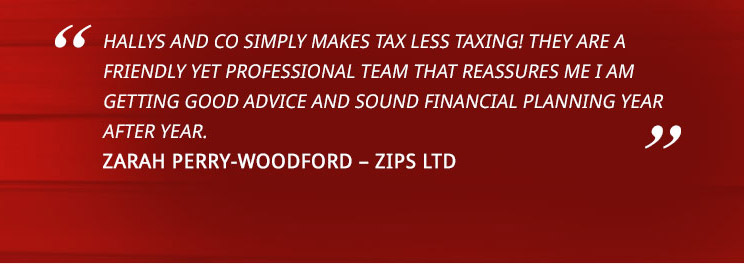Businesses that have a significant number of workers who are paid at the National Minimum Wage or National Living Wage (NLW) rates should probably read the recent independent report that suggests rates of NLW could rise, as internationally, there is evident that realistic rises have little impact on employment levels but do have a positive impact on the take home pay of lower paid workers.
The report says:
The review, published Monday 4 November, concludes minimum wages in a range of countries have had a negligible or zero effect on jobs, but significantly increased the earnings of the lowest paid. The Chancellor has pledged a more ambitious NLW so that on current projections it is set to reach £10.50 per hour by 2024, as part of his commitment to do more to end low pay.
Chancellor of the Exchequer, Sajid Javid, said:
The evidence is clear that our approach is the right one.
We will end low pay by putting the National Living Wage on a path to increase to £10.50 over the next five years.
The previous NLW target was to reach 60% of median earnings by 2020. In line with the conclusions of the Dube Review, the Chancellor Sajid Javid has pledged to increase the NLW towards a new target of two-thirds of median earnings by 2024, provided economic conditions allow. The Chancellor additionally committed to expand the living wage to more young people by bringing down the age threshold for the NLW to cover all workers over the age of 21.
These recommended changes do not mean that the NLW will increase in line with the above comments. However, affected businesses may like to incorporate the possible increases into their medium term planning forecasts.















